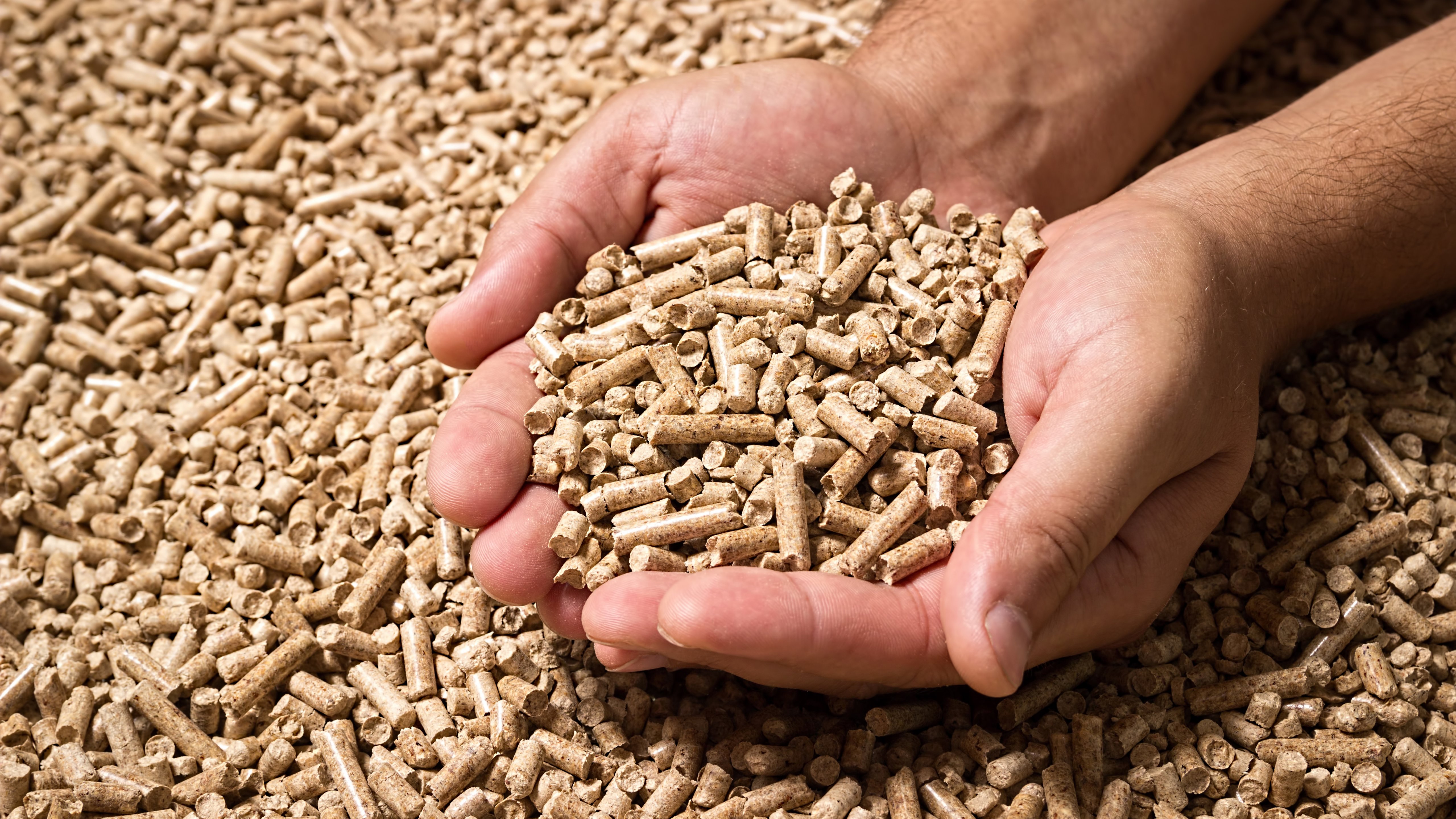Challenge
Recently, Prodesa faced a huge challenge. A US customer wanted to build a pellet plant capable of producing about 500,000 tons of pellets per year – five times greater than the typical size for these kind of facilities. This project, located in Greenwood, South Carolina, is set to become one of the biggest plant of its kind in the world.
The plant had to cover the whole pellet production process, which comprises the pre-treatment of the raw material, including debarking, chipping and wood re-chipping; storage, cleaning and dosing; thermal drying, milling, pelletizing, cooling and sieving; and, finally, product railcar loading to be exported to all over the world.
“In order to implement the equipment required to perform all the processes for this project, we called upon a range of recognized worldwide suppliers, from where we choose the most suitable component based on the specific requirements of the project. All this equipment was then connected in sequence in order to obtain the process results requested by the customer,” says Ismael Sanz. “One of the suppliers we selected was Rockwell Automation. Our customer, a highly recognized company, recommended Rockwell Automation, due to its long established presence in the US market and worldwide, the recognition of its quality and its solution’s high flexibility,” he adds.
